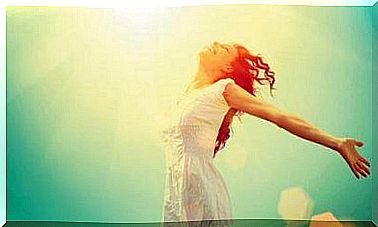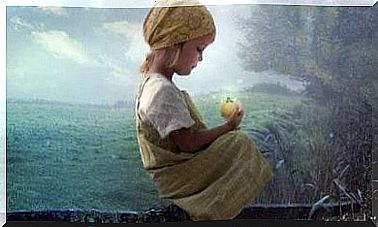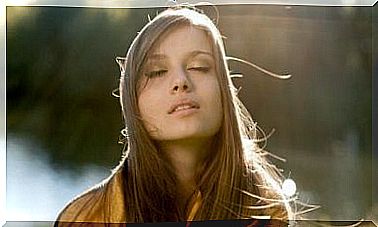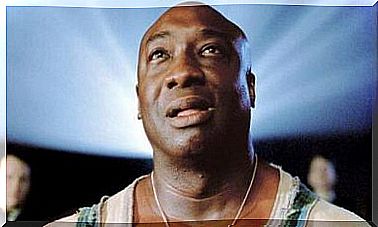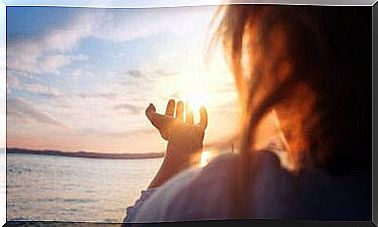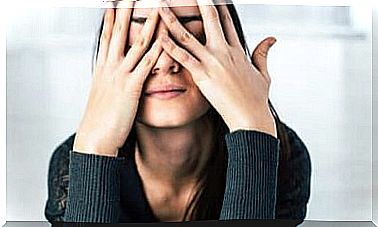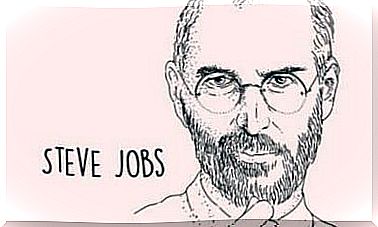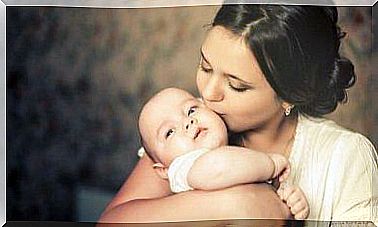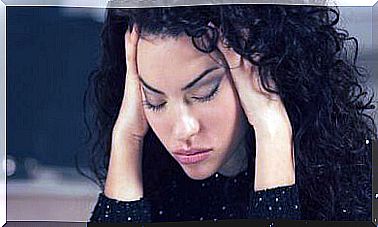The Matrix: Questioning Reality
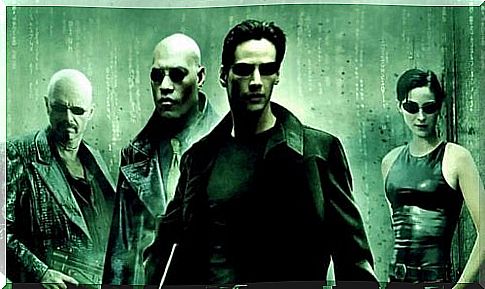
“What is The Matrix?” is a question that Neo, the protagonist of this film, often asks himself. When people see The Matrix for the first time, they also ask themselves about this. This film trilogy is well known today. There have been countless analyzes of these films. In fact, educators often use them as a supplement to their philosophy courses.
In this article we will talk about the first movie. This is probably the most significant and special of the three. It is very difficult to summarize every single aspect of this film that is worth analyzing, in just a single article.
Because of this, we will simply focus on doing a global analysis of some of the things that people usually feel after watching the movie.
How can we know if we are awake? What is real? What is not real? I’m sure if you’ve ever seen this movie, you’ve asked yourself this at least once. It is possible that you had even done so even before you saw The Matrix .
Many of us have had the feeling of not being able to act out of our own free will. Some of us have felt that our actions are predetermined or highly influenced, or that we live in a very Nietzsche-like world. Sometimes we may even think that we are being manipulated and controlled and that we may be living in a dream.
The Matrix provides an answer to all of these questions. It’s a bit like a modern myth, a solution to some of man’s dilemmas.
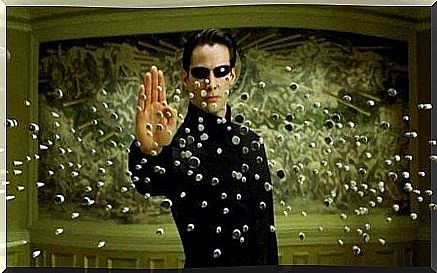
What is real?
The technological advances that happened ended up making us slaves. The machines that continue to become more and more intelligent have gained their own willpower. They have reached and exceeded the level of human intelligence. However, resources have become scarce and these machines need to be fed.
That way, after a war, machines will end up turning people into slaves, and turning them into sources of food. Humans are forced to live in a dream; to sleep a lifetime while connected to machines that use them as food.
This is a dystopian and scary future that becomes less absurd with each passing day. Some people have managed to resist the machines, and live in Zion, the only free city from which they have access to The Matrix with the aim of freeing more people and starting a struggle to escape slavery.
A very science-fiction-like discourse, but which is also full of criticism and power. It has the ability to question our own reality. How do I know if I am not living in a dream? Am I the owner of my own decisions?
What is The Matrix?
The first thing we will try to do is explain what The Matrix is. Morfeo himself is the one who answers this. He says, “It is the world that has been placed before your eyes to hide the truth from you.” This means that The Matrix is a lie to our senses: It is not real, but we perceive it to be real.
Plato said that our senses are deceptive and not reliable. If you can not remember what this myth is about, it is basically about people whose feet and hands are bound and who observe the back wall of a cave.
Behind them, a bonfire lights up this wall like a projection that they are watching. For these people, the cave wall is their reality because it is the only thing they know about. It is the only thing they have access to, and the only thing their senses perceive.
If one of these people wanted to escape, they would have access to the real world, to knowledge. First, the light will dazzle their eyes. They will feel pain and will have to adapt. If they would return to the cave, their friends would probably think they were lying and would try to kill them.
These friends know only one reality and as a consequence of this they will try to protect this reality no matter what.
Access to the real world in The Matrix
This is something that reminds us of old times like the ones Galileo or Copernicus lived in. In The Matrix , Neo has a suspicion, an idea that he cannot get out of his mind. Just like in Alice in Wonderland , Neo follows a rabbit that takes him down the hole.
But in this story, Neo will not have access to an amazing, unreal place; instead, he gains access to the real world, a world of the ideas that Plato proposed.
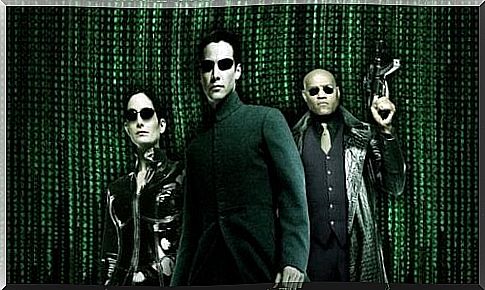
The interesting thing about The Matrix is the way it provides an answer to reality. It takes ordinary things, such as a déjà vu, and gives them a feel, and adapts them to the proposed system. The Matrix is a kind of virtual reality where we sleep and in which we live as if it were real.
Our reality is governed by machines
Is it not true that when we put on VR headsets, our senses perceive this world as real, even though we know it is not? That’s exactly what’s happening in The Matrix . We perceive emotions as real, and therefore we stop questioning whether we are awake or not.
On the other hand, the questions Neo asks about his reality remind us of Descartes. He solved the problem by talking about an evil genius who manipulated and deceived us, just like the machines in The Matrix do. Descartes doubts everything, and The Matrix makes us doubt our senses.
All of this also refers to Hilary Putnam. She was talking about something resembling the evil genius. How do we know we are not brains in buckets? How can we know that we are not living in a common dream? These questions that Putnam asked could also be seen in The Matrix . It’s like a situation that everyone shares, without noticing what we live in.
Are we free?
If we live in a common dream, which means that the dream is not even ours, we must ask ourselves whether fate really exists and whether our actions are actually ours.
One of the most interesting characters in this regard is the Oracle. She is the one who tells Neo that he is capable of deciding to be the sole owner of the decisions he makes. It is special because the character of the Oracle is associated with destiny.
The film is constantly based on decisions: Red or blue pill, knowing the truth or not. Some have also related this freedom of choice to Sartre’s existentialism.
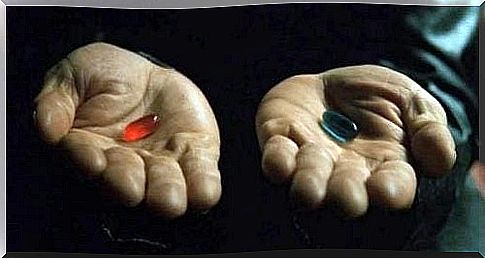
If fate does not exist and nothing is predetermined, we are the only ones who create our own destiny with our decisions. However, the film also shows the possibility of a fate, as something that was already predetermined. But at the same time, it presents arguments that contradict this.
At that time, the Oracle is one of the most important characters, as well as Morpheus, whose position does not negate any of the earlier hypotheses. Morpheus believes in destiny, but he also believes in decision-making.
What is happiness?
The Matrix also raises the question of knowledge and happiness. We see that the real world that they access when they leave the simulation is not a good world. They discover a frightening truth, and are surrounded by a world of shadows.
At this point, it is valid to ask ourselves whether knowledge is actually a good thing and whether it really leads to happiness. Many of us see happiness as the ultimate goal.
Cifra is the inverted character of the film. He wanted to access the truth, and when he finally got to it, he decided to return to the unreal world. He wanted his imagination back and just ignored reality. Cifra decided that he preferred to live an ignorant life in relation to knowing the truth.
The philosophical questions that The Matrix asks are really interesting. It makes us become temporary judges and observers. In addition, it causes us to question our own decisions, happiness, and the world around us.
Undoubtedly, The Matrix is a film that professors should show in their courses in philosophy as it attempts to respond to certain philosophical threads without prejudice. It allows us to open our minds and question everything.

